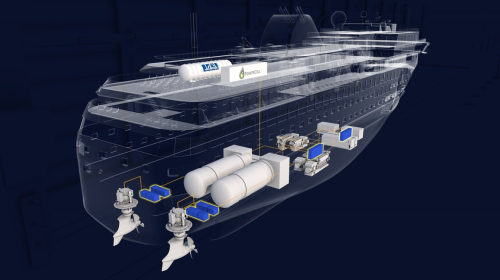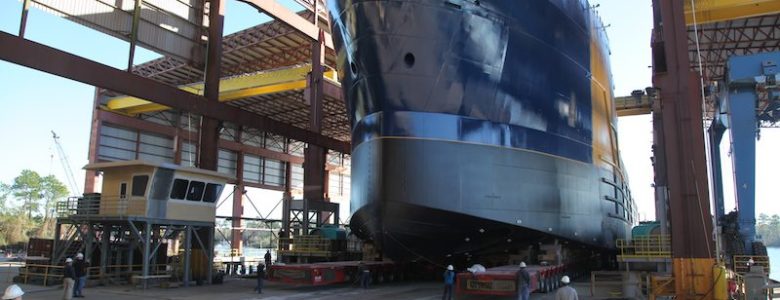
I recently read two news articles focused on vastly different aspects of the oil and gas industry that seemed to be unrelated on the surface. The first was about declining shale oil production in the US and the second about Shell refocusing on investment in fossil fuels. However, when each is more closely considered, it becomes…








